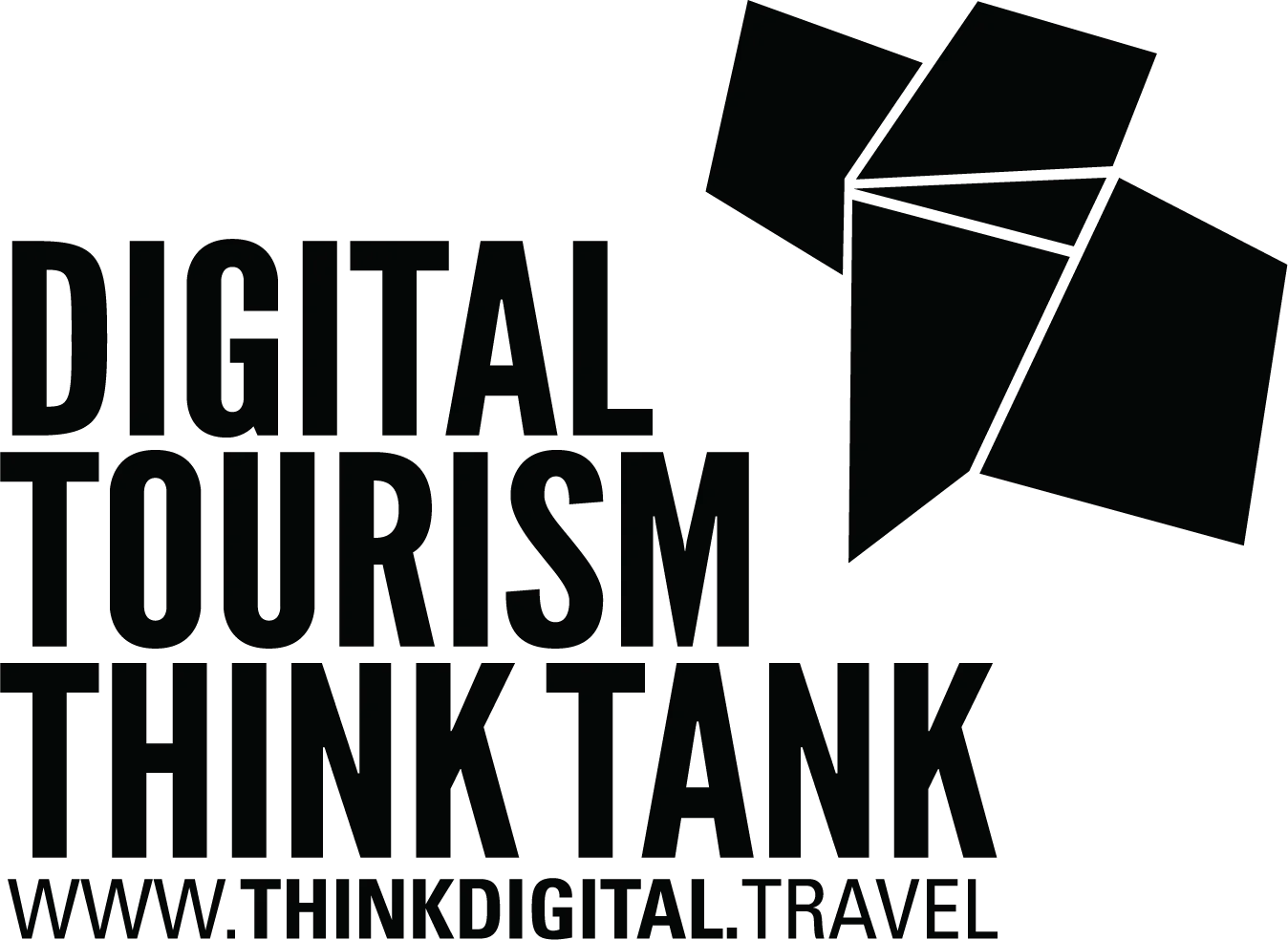

Advisory
Training
Sustainability Leadership
Designed to give you the confidence to lead your sustainability journey.
Design Thinking Academy
Learn to use Design Thinking as an innovation method in your day-to-day work.
AI Strategy & Leadership
Created to empower your organisation to discover and apply AI.

Other Training Programmes
Access structured on-demand learning.

Destinations
A leading community of destination organisation professionals.

Research
A community of universities and research organisations from all over the world.

Corporate
Leading providers of digital, technology and data services to the tourism industry.

Business Growth
For businesses & start-ups driven to succeed by gaining that competitive edge.
Events
Upcoming
Workshops & Events
Workshops & Events
Browse an extensive programme of year-round online training sessions, live events and workshops.
Future. Destination. Brand.
An invite only gathering, exploring digital shifts in the future of destination branding
23rd - 24th November 2023
X. Design Week
Immerse yourself in a design experience based on key industry themes.
10th - 12th April 2024
X. Festival
A large gathering of interviews and panels to strategise for the year to come.
27th - 28th November 2024

















.webp)